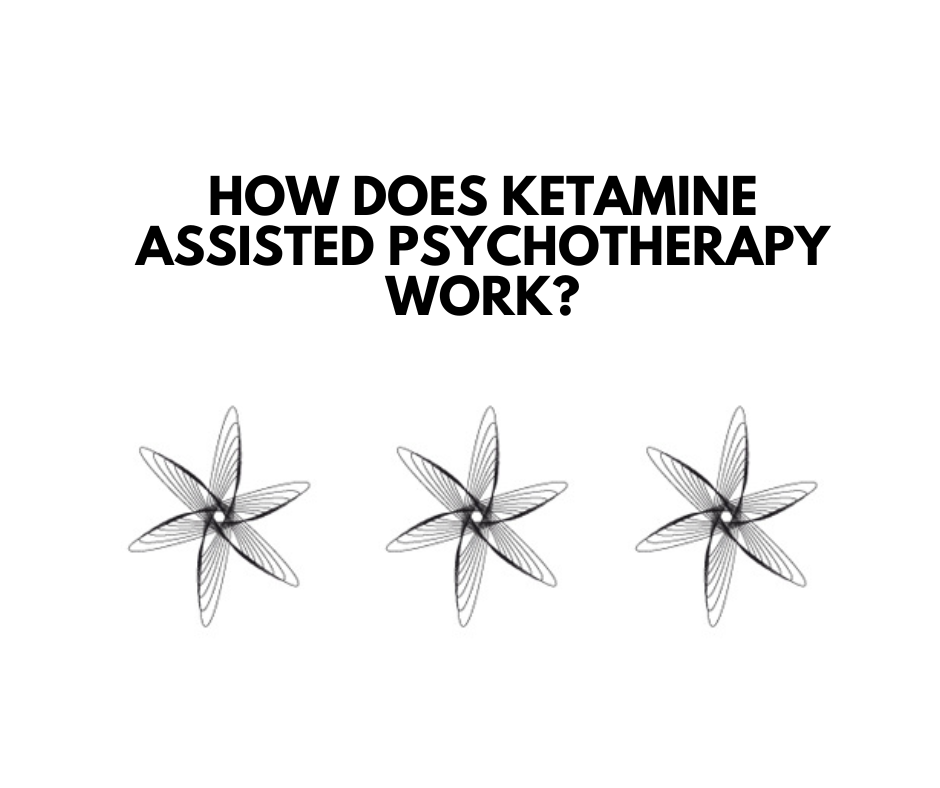After the first two installations of this series of posts, you have a basic understanding of this ground-breaking form of treatment. But, like any treatment of any kind, you might be wondering if and how it actually works. Perhaps you are hesitant to trust what sounds like yet another “pill for every ill” situation.
Such diligence and skepticism are healthy. With that in mind, I’m happy to share more about ketamine to help answer your questions. So, let’s recap a little and then get to answering the fundamental question at hand: How does ketamine-assisted psychotherapy work?
Why Ketamine?
When used as an anesthetic when dealing with someone attempting suicide, ketamine was found to have an unexpected long-term effect. Those patients experienced a reduction in suicide ideation. If this drug displayed such properties, researchers pondered, could it be useful in treating depression and other mental health disorders? This was the catalyst for developing the successful modality of Ketamine-Assisted Psychotherapy (KAP).
Your KAP Sessions
Ketamine is most typically ingested in the form of a lozenge. It activates within a matter of minutes. In the presence of your therapist, you ease into a trance-like state — a pleasant version of dissociation. It’s been called an inward journey and it usually lasts anywhere from 40 to 60 minutes. Side effects are minimal but you are asked to have someone to help you get back home. No driving.
These sessions are interspersed with “integration sessions.” In these meetings, you do not take ketamine but rather, you talk about the treatment with your therapist in a freewheeling manner. The goal is to harmonize the KAP experience with your everyday life. Your therapist may give you homework in the form of steps to take between sessions, outside the therapy room.
How Does Ketamine-Assisted Psychotherapy (KAP) Work?
KAP has been found to be quite effective in treating trauma. So, let’s explore the mechanisms at play. During sessions in which you take ketamine, you have an opportunity to explore traumatic memories without being triggered. In everyday life, such memories appear in the form of nightmares, flashbacks, and other intrusive thoughts.
When under the influence of ketamine, you are straddling two worlds. On one hand, you’re replaying the details that led to trauma in the first place. But, since KAP induces a dissociative state, you are detached enough to not “relive” those memories. You stay detached in a way that allows for processing and resolution. Simultaneously, KAP is having positive and sustainable effects on your brain’s wiring.
KAP and Your Brain
Your brain can change and adapt all throughout your life. This is called neuroplasticity. Ketamine enhances this critical property by impacting your brain’s glutamate neurotransmitter. Unlike traditional antidepressants, KAP bypasses the serotonin route and gets directly to the glutamate. This helps to explain why KAP works so quickly.
As mentioned in the previous post, here are just a few of the healing outcomes of this glutamate-related impact:
- Your nerve cells become more flexible. This makes them better able to fend off mental illness.
- As a result, your brain is better equipped to adjust and adapt to the changes it experiences.
- New synapses form in your frontal cortex
- Ketamine short-circuits the patterns of depression and allows you to ruminate less.
- Even people who display what is known as treatment-resistant depression show results from KAP.
You Probably Still Have Questions
I hope so. Questions are the lifeblood of this process. Ketamine-Assisted Psychotherapy is an effective and fast-growing treatment option but, of course, there’s no such thing as a miracle cure. Let’s connect to talk more about what KAP can do and more specifically, what it can do for you.




